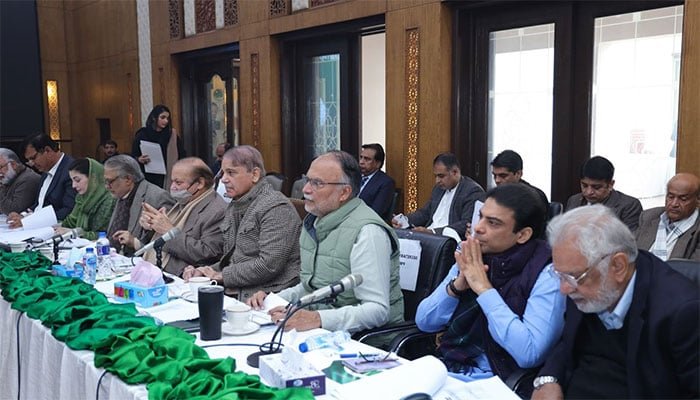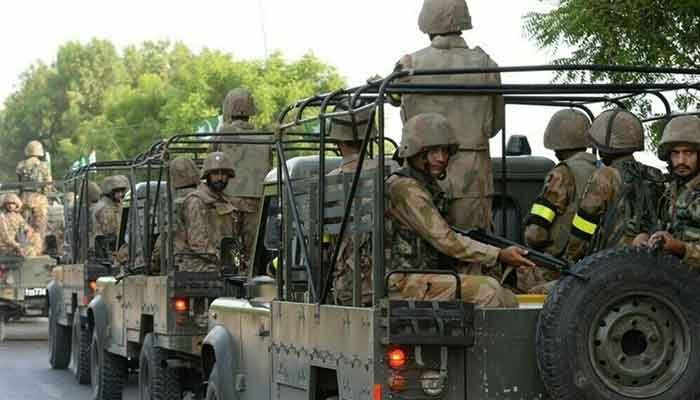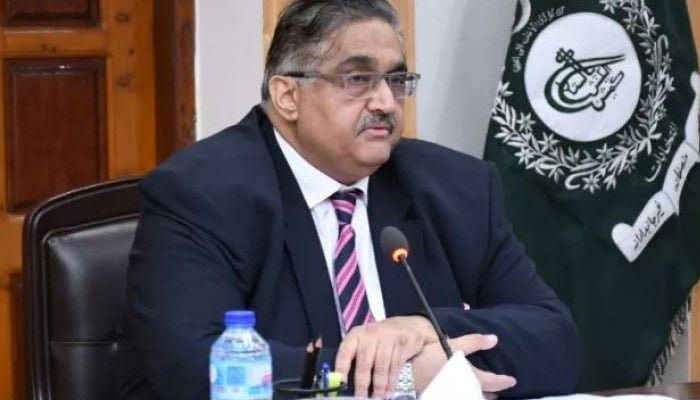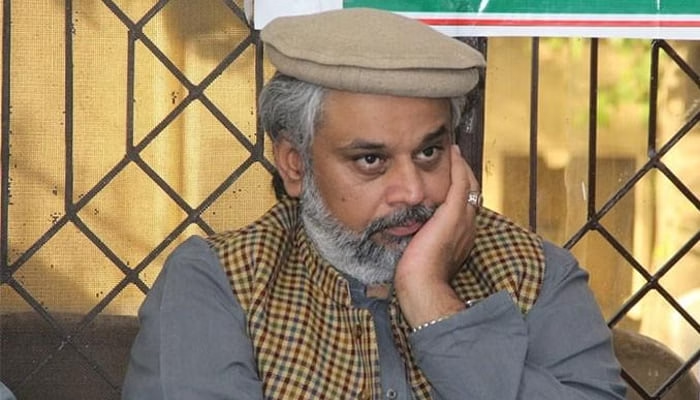Pakistan Muslim League-Nawaz (PML-N) has initiated the process of formulating its manifesto by actively seeking suggestions from the public. PML-N President, Shehbaz Sharif, has extended an invitation to all Pakistanis, both within and outside the country, to contribute valuable and practical recommendations through the PML-N’s online platform.
In a statement, Shehbaz Sharif emphasized the importance of engaging citizens in the political discourse, urging them to participate in the PML-N’s Twenty-Twenty 4 Dot (T20 4 Dot) campaign. The campaign serves as a platform for individuals to share their insights, contributing to the shaping of PML-N’s policy agenda. Sharif highlighted that the unbreakable bond with the people is the party’s real strength.
Maryam Nawaz, a prominent leader within PML-N, echoed the sentiment, emphasizing that the enduring connection with the public is the party’s true source of strength. She encouraged citizens, particularly urban and socially conscious individuals, to use the portal to input suggestions that could give a real shape to progress in the fields of education and healthcare.
Meanwhile, Ahsan Iqbal, a leader from the rival political party Pakistan Muslim League-Quaid (PML-Q), has also called upon the public to provide recommendations through the online portal for the development of the party’s manifesto. Iqbal emphasized that addressing inflation and unemployment remains PML-N’s top priority, and the manifesto is being crafted with a focus on improving education and healthcare sectors.
The move by major political parties to involve the public in the manifesto-building process is noteworthy, signaling a commitment to inclusivity and responsiveness to the needs and aspirations of the citizens. This approach reflects an acknowledgment of the evolving role of political parties in a digital age where technology enables broader participation in democratic processes.
As Pakistan’s political landscape continues to evolve, the input gathered through these online platforms is expected to play a crucial role in shaping the policies of these political parties. The efforts to address issues such as inflation, unemployment, education, and healthcare indicate a shared commitment among political leaders to prioritize the well-being and progress of the nation.



